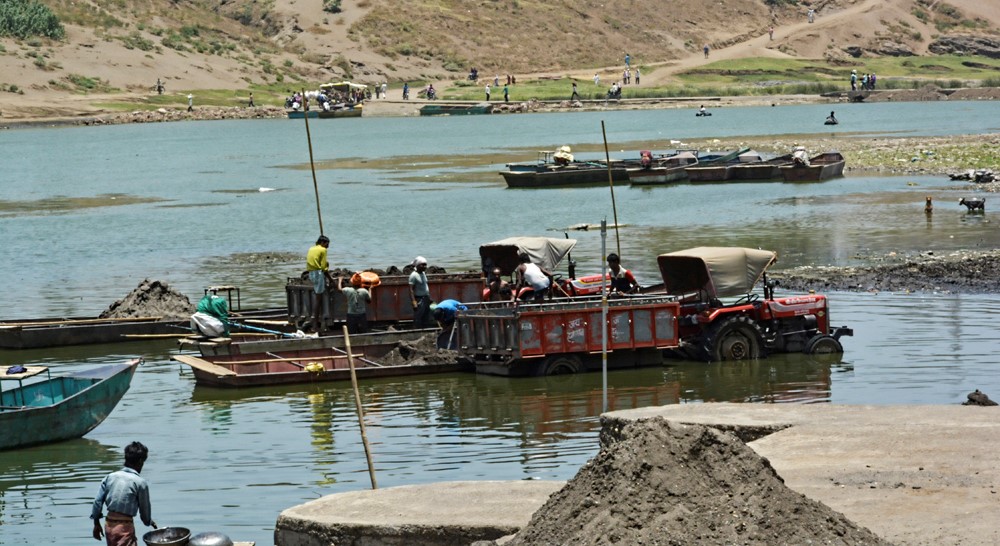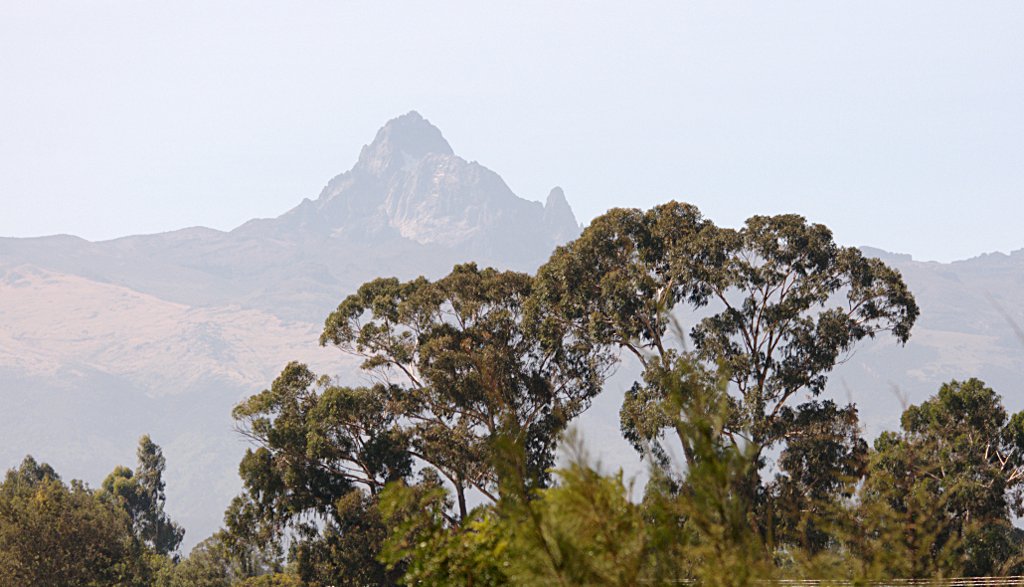By Giedre Jokubauskaite / Debt and Green Transition blog series
The private sector has arguably caught up with an urgency of climate transition. This is visible from various climate initiatives that feature banks, insurers, consultancies, multinational corporations, and many others. The idea of ‘mobilising private investment’ for climate transition has also been an essential part of an increasingly popular policy discourse about how to finance green transition. The framing of private investments as key to the transition happens in two steps: firstly, articulating ‘a gap’ of finance needed to achieve climate objectives, and secondly, concluding that only the private sector, with support of the public sector in de-risking and incentive provision, can fill such a gap. Daniela Gabor aptly calls the systemic logic of this narrative the ‘Wall Street Consensus’. However, the privatization of a sector with the key support of public funds is not new: it has originally been applied to funding sustainable development, and now been revamped for policies on ‘green’ transition.
Continue reading “Who benefits from mobilising private sector investment for climate transition?”




